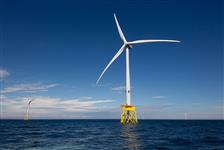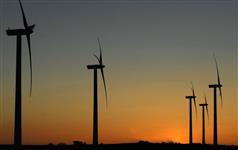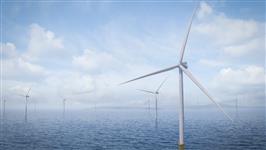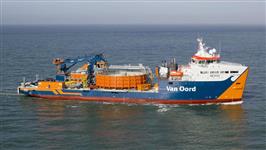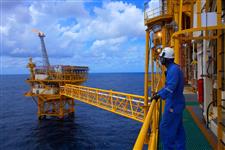
Japan Urged to Enhance Offshore Wind Auctions for Increased Investments
Posted 01/12/2023 14:44
International energy companies, including RWE from Germany and Iberdrola from Spain, are urging Japan to strengthen its offshore wind power auctions to attract more investments. The call comes as installation costs soar due to growing global competition for suppliers. While Japan aims to reduce its heavy dependence on energy imports, it is perceived to be taking a cautious approach to offshore wind development, potentially putting it at a disadvantage in the global race.
Jens Orfelt, President for Offshore Wind Development for Asia-Pacific at RWE Renewables, emphasized the need to view the offshore wind sector as a global competition rather than in isolation. The industry players are concerned about surging prices and intense competition for essential equipment, leading to project cancellations and delays in various parts of the world, particularly in the United States.
One of the challenges highlighted is the extended timeline for Japan's offshore wind development process compared to Europe. Vestas, a leading global supplier, mentioned that the longer project timelines in Japan contribute to increased uncertainty and risk. The industry suggests that closer collaboration between the government and businesses could help streamline the process and reduce uncertainties.
Despite Japan's goal of achieving 10GW of installed offshore wind capacity by 2030, it currently has less than 500MW. The country has auctioned 1.7GW of offshore wind capacity contracts, all won by Mitsubishi-led consortiums in 2021, with additional projects underway. However, global players such as Orsted and Iberdrola believe that Japan's scale and speed are modest compared to other regions.
Foreign companies advocate for more significant and faster auctions, suggesting alternatives such as auctions with 1GW per project instead of 1GW per auction. This approach allows better planning of supply chains and cost control. Japan is urged to consider larger-scale projects to generate scale economies, similar to efforts in Taiwan and South Korea.
The report also touches on Japan's need for approximately $18 billion to develop offshore wind farms by 2030 and $250 billion by 2050. The government's role in promoting green investment and private capital inflow is critical for the success of offshore wind projects. Industry experts and executives, including Henriette Holm from Orsted, are calling for tenders of "10GW to 15GW in one go" to accelerate Japan's progress in offshore wind development.
In the context of Japan's push for domestic suppliers to contribute at least 60% to offshore wind projects by 2040, collaboration between foreign and local companies is anticipated to meet expertise and localization requirements. Foreign companies are likely to join forces with Japanese counterparts to secure jobs and localize production.
The article also highlights Japan's auction rules, restricting companies from commenting on the bidding process, and mentions key players like RWE, Vena Energy, SSE Pacifico, bp, and Equinor in the offshore wind sector.
Overall, the report emphasizes the importance of strategic planning, collaboration, and speed in Japan's offshore wind development to align with global trends and secure investments for a sustainable energy future.

